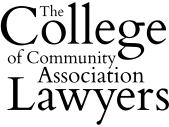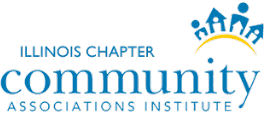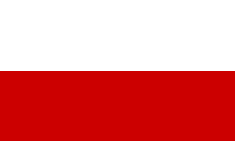 Polish,
Polish, 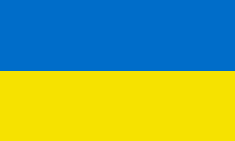 Ukrainian,
Ukrainian, 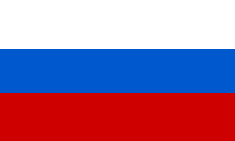 Russian,
Russian,  Hindi,
Hindi, 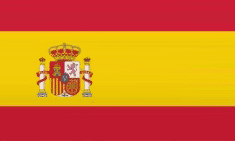 Spanish,
Spanish, 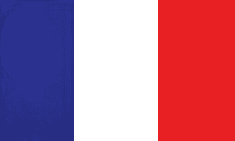 French and
French and 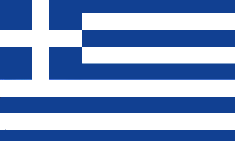 Greek.
Greek.
Smart Tech Guidelines That Illinois HOAs Can Enforce
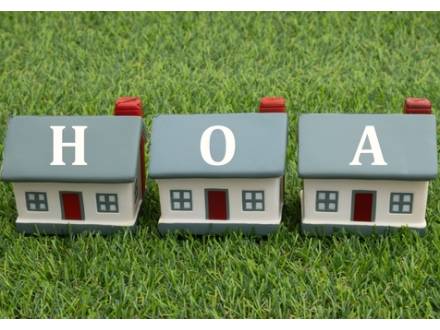 While smart technology was once limited to high-end or luxury homes, this is no longer the case. Across the United States, and in Illinois neighborhoods, smart technology is becoming standard. With the wide range of smart technologies (Ring doorbells, Nest thermostats, and even community-wide security cameras and property inspection drones), HOAs face the challenge of determining how much smart tech is too much - and who sets the limits?
While smart technology was once limited to high-end or luxury homes, this is no longer the case. Across the United States, and in Illinois neighborhoods, smart technology is becoming standard. With the wide range of smart technologies (Ring doorbells, Nest thermostats, and even community-wide security cameras and property inspection drones), HOAs face the challenge of determining how much smart tech is too much - and who sets the limits?
Illinois HOA boards must strike a balance between legitimate concerns regarding privacy and residents’ enthusiasm for security and convenience. Unfortunately, Illinois law has not quite caught up with the latest forms of technology, leaving HOA boards responsible for developing enforceable policies. If your HOA board is struggling with these policies, an experienced Arlington Heights, IL HOA attorney can help.
What Are Some of the Most Common Smart Home and HOA Technologies?
Many homes now have the following types of smart home technology:
- Smart thermostats
- Ring or Blink cameras
- Smart security systems
- Smart plugs and lighting
- Nest smart hubs
- Smart locks
- Smart appliances
- Alexa and Suri devices
- Smart energy monitoring
HOAs may have the following types of smart technology:
- Cloud-based gate and amenity access control systems
- Mobile and digital credential technology
- License plate recognition
- Integrated security cameras and intercoms
- Cloud-based resident communication platforms for managing dues and maintenance
Legal Considerations for Illinois HOAs
The first question is whether Illinois HOAs have the legal authority under covenants, conditions, and restrictions to limit owners’ smart technologies. While Illinois HOAs can set certain limitations on owners’ smart technologies, their powers are restricted by federal law and the legal principle that HOA rules must be "reasonable."
Some examples include aesthetics-based bans on visible satellite dishes or antennae, which are unenforceable under federal law. Regulation by HOAs of outdoor security cameras is likely unenforceable, particularly in areas like a private porch or balcony, although there is more control in common areas.
HOAs can enforce a prohibition on the installation of cameras in common shared areas, including a shared rooftop. HOAs may enforce some technologies like outdoor robotic lawnmowers or certain types of smart outdoor lighting if the devices transmit or receive signals not covered by OTARD (Over the Air Reception Devices). HOAs may not regulate any type of indoor smart technology that is within a homeowner’s residency.
What About HOA-Managed Technology?
HOAs in Illinois can install surveillance cameras in common areas; however, state privacy laws impose significant limitations. The HOA must also provide notice to residents regarding the locations of installed surveillance cameras. No camera can be placed in an area where residents have a reasonable expectation of privacy, including pool or spa changing rooms, directly facing the interior of a residential area, or in private backyards or patios. There may also be data security concerns regarding the liability of the HOA if its technology is compromised due to a hack.
Steps Illinois HOAs Should Take Regarding Smart Tech
Illinois HOAs (765 ILCS 160/) must review bylaws for tech-related authority regularly. Clear rules regarding which smart devices are permitted and which are prohibited are essential. Data storage, retention, and access policies for HOA-managed systems should be established and regularly reviewed, and all major technological upgrades must be transparent. Drones, in particular, require HOA scrutiny, as residents or HOAs could potentially use drones to gather information about residents.
Contact a Cook County, IL HOA Lawyer
Smart technology can enhance security, efficiency, and property values, but only when the HOA handles it wisely. With no clear policies that adhere to state and federal laws, disputes over access systems, cameras, and privacy can escalate quickly. An experienced Arlington Heights, IL homeowner association law attorney from Dickler, Kahn, Slowikowski & Zavell, Ltd. can help ensure your HOA drafts enforceable policies and complies with the law. Our firm has more than 150 years of combined legal experience, which benefits every client. Call847-593-5595 to schedule an initial meeting with one of our skilled attorneys.


